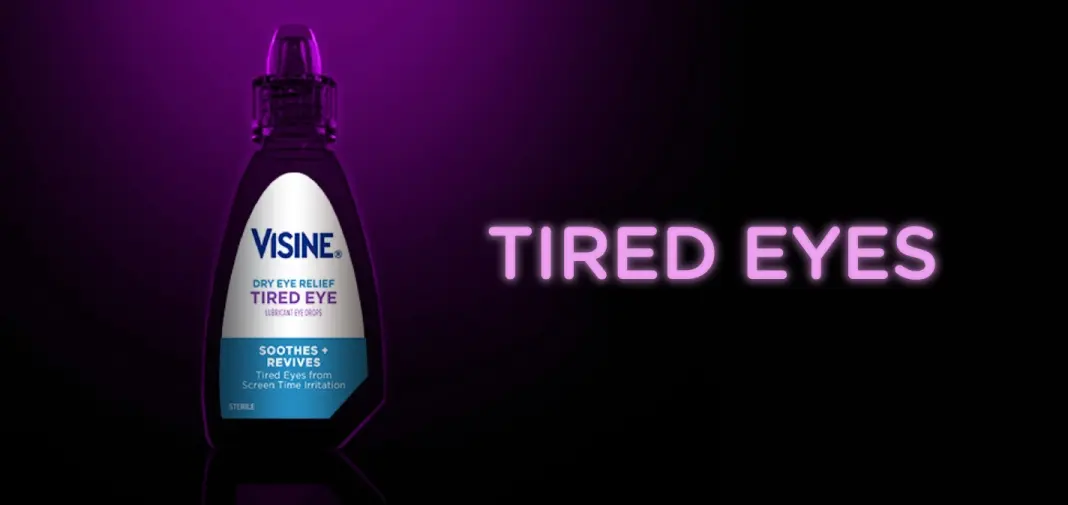Seasonal eye allergies occur when airborne pollutants like dust and pollen come in contact with the clear membrane that covers the eyes (conjunctiva) and are incorrectly perceived as something dangerous, thus, the eyes overreact. That overreaction is really just their way of saying, “Hey! Something’s trying to hurt us,” even though it isn’t.
Seasonal Eye Allergy Symptoms
While eye allergies are often accompanied by eye itchiness, there are other common symptoms of eye allergies, including:
red eyes
tearing
swelling and puffiness of the eyelids
the feeling of something caught in your eye
burning eyes
watery eyes
Learn about more complex seasonal allergy symptoms by visiting Zyrtec.com.
Common Causes of Seasonal Eye Allergies
There are many every-day and seasonal airborne allergens that can cause your eyes to react, leaving you suffering from the symptoms outlined above. A few of these eye allergy-causing irritants include:
pollen
animal hair
pet dander
grass
dust
weeds
ragweed
mold
Relief of Seasonal Allergy Eye Symptoms
Did you know? Allergy eye drops like VISINE® Allergy Eye Relief can be an effective way to get relief from your seasonal eye allergy symptoms. The following tips and tricks can also help prevent irritation as well as indoor and outdoor seasonal eye allergy symptoms:
Indoor Allergy Eye Relief Tips
Cleaning regularly to remove allergies like dust, mold, and pet dander.
Keeping windows and doors closed to keep allergens out.
Running air conditioners and air filters to sift out allergens.
Cleaning and changing the air filters in both furnaces and air conditioners to keep indoor air fresh and allergen-free.
Using allergy-proof covers on pillows, mattresses and other bedding to keep dust mites away.
Minimizing carpeting that retains dust mites.
Minimizing clutter to reduce allergens.
Outdoor Allergy Eye Relief Tips
Checking the pollen count each day before heading outdoors. Usually, counts are highest between 5AM and 10AM.
Showering after being active outdoors. This will remove allergens that might have stuck to you.
Using a sterile saline eyewash or soothing wipe to clean your eyes before using an over-the-counter eye drop that relieves redness and acts as an effective antihistamine.
Avoiding hanging laundry outdoors, as allergens can stick to your clothes.
Wearing glasses when going outdoors to help shield your eyes from allergens.
Choose a daily disposable contact lens, if you wear them, to minimize allergen accumulation.
For more severe symptoms of seasonal allergy eyes, please consult your eye doctor.




